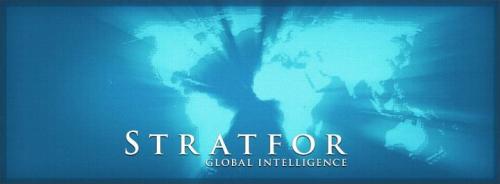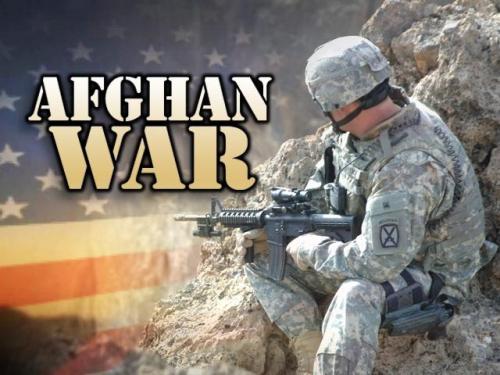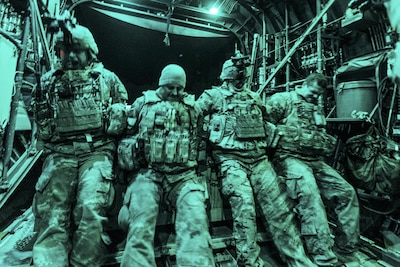Kyle Mizokami
 A hypothetical war between India and China would be one of the largest and most destructive conflicts in Asia. A war between the two powers would rock the Indo-Pacific region, cause thousands of casualties on both sides and take a significant toll on the global economy. Geography and demographics would play a unique role, limiting the war’s scope and ultimately the conditions of victory.
A hypothetical war between India and China would be one of the largest and most destructive conflicts in Asia. A war between the two powers would rock the Indo-Pacific region, cause thousands of casualties on both sides and take a significant toll on the global economy. Geography and demographics would play a unique role, limiting the war’s scope and ultimately the conditions of victory.
India and China border one another in two distinct locations: Aksai Chin in India’s north, and Arunachal Pradesh in the country’s northeast. China has made claims on both locations, which from China’s perspective belong to the far western province of Xinjiang and China-occupied Tibet. China invaded both Aksai Chin and Arunachal Pradesh in 1962, with both sides fighting a monthlong war that resulted in minor Chinese gains on the ground.
Both countries’ “No First Use” policies regarding nuclear weapons make the outbreak of nuclear war very unlikely. Both countries have such large populations, each over 1.3 billion, that they are essentially unconquerable. Like all modern wars, a war between India and China would be fought over land, sea, and air; geography would limit the scope of the land conflict, while it would be the air conflict, fought with both aircraft and missiles, that would do the most damage to both countries. The trump card, however, may be India’s unique position to dominate a sea conflict, with dire consequences for the Chinese economy.






















